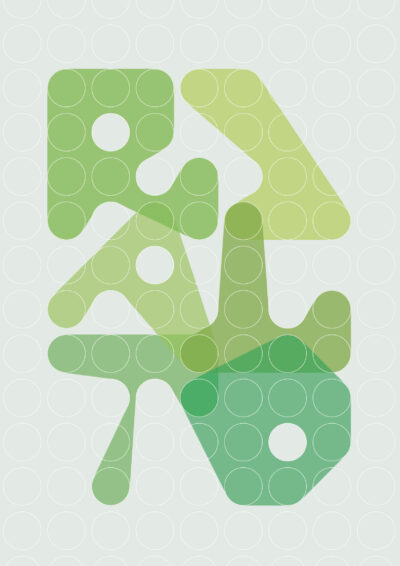A weekend full of poems, poems on shop windows, in the free Poetry Paper, poems read and discussed by voices from all over the world. Voices presided over this year, it seemed, by Philip Larkin, probably polishing his glasses and adjusting his bicycle clips in disbelief at being cited as a particular favourite by the indomitable Kay Ryan. Her discussion of his poetry with Maurice Riordan was made all the more involving by the very un-English nature of Ryan and Riordan, both of whom read their chosen poems rather badly and talked about them rather well. Larkin’s own ‘posher-than-expected’ voice starting and ending the session and resonating through it.
Larkin’s Afternoons was chosen by Leontia Flynn for her close reading and in fifteen minutes she managed to explain why it remains a good poem, why it continues to speak to her, why we might have misgivings about his grumpy position and why that doesn’t matter. Her reading of her own poems earlier in the day beautifully edgy and intimate – the poems full of just the right details: political and personal. And you could see why Larkin might still be there, in the mix that helps to make her a wonderful poet.
For Kay Ryan it is Emily Dickinson and Stevie Smith. Of course Stevie Smith, we all said, as we squeezed ourselves into the Peter Pears Gallery for Kay Ryan’s close reading of The Jungle Husband – charmingly, Freudian slippingly, renamed ‘The Jungle Wife’ by Michael Laskey in his introduction.
Ryan was as witty, informal and hugely engaging talking about Stevie Smith as she had been reading her own poems the night before.
I seem to be remembering the women in particular, and Saturday afternoon was the triumph of the young women: Emily Berry, Helen Mort and Hannah Lowe. Confident, completely different from each other and fabulous. No orthodoxy in these 21st Century women poets, and a pleasing lack of wombs and moons too. As a feminist – a phrase heard too often in the Master Class on Sunday – it gladdens my heart to the point where I can almost feel sorry for the men. Especially after Luljeta Lleshanaku’s poem Men on Sunday afternoon, although they manage well enough with thoughtful young men like Christian Campbell and Luke Yates (he the cheerful recipient of Master Class criticism prefaced ‘As a feminist’ from several women who don’t understand irony) and, older and wiser men, like Fergus Allen, Robert Hass and Chris Wallace-Crabbe.
Writing this now I’m home is like looking back on a Kim’s tray (mentioned by some poet or other) with some things more sparkly than others but everything worth remembering. I shan’t forget Fleur Adcock’s wit about the vagaries of ageing, or Luljeta Lleshanako, answering Robert Hass’s question about the effect on our imaginations of a planet where there is nothing left that has not been touched by human nature, with the fact that in Albania it is hard to care about a cut tree when you are struggling to survive.
Another gloriously diverse Aldeburgh makes us understand a little more about many points of view. For all those who go on about it being too expensive, most tickets are less than the cost of two pints and there are ten free events. Where else can you hear, for nothing, the best poets in the world talking about poetry?
Alicia Stubbersfield





